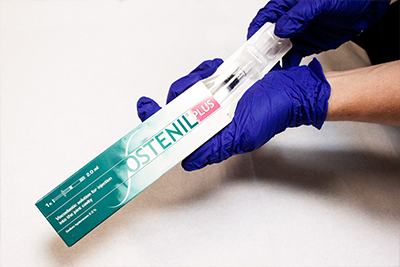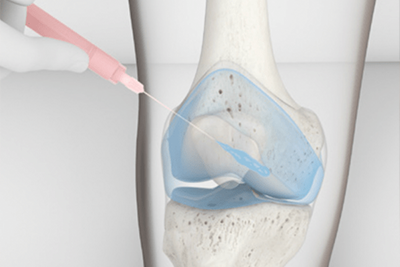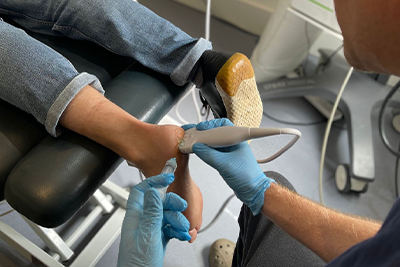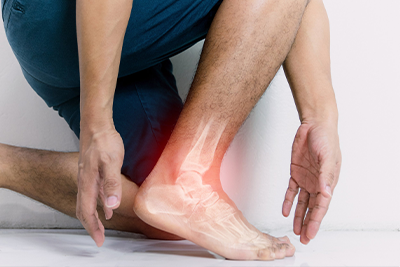Most of us are aware of the importance of calcium for our health – especially for our bones. But magnesium is another vital mineral for our bones, as well as for our muscles and nerves; it can actually be more difficult to get enough of this mineral in our diet than to get enough calcium.
The many roles of magnesium
Magnesium is needed for normal muscle and nerve function. Without magnesium, our muscle fibres wouldn’t be able to relax after they have contracted. Not to mention our nerve impulses wouldn’t be able to travel around our body properly.
Magnesium is vital for strong bones and teeth too. If you’re trying to improve or maintain your bone strength, it’s essential to include lots of magnesium-rich foods as well as calcium-rich foods.
Magnesium is also necessary for our cells to convert the food we eat into usable energy, and also for healthy ‘psychological function’ – including mood and how we deal with stress.
For these reasons, symptoms of not getting enough magnesium may include muscle cramping, tight or weak muscles,increased pain, and loss of bone strength, as well as lack of energy, low mood, greater susceptibility to stress, and even poor sleep or insomnia. As chiropractors we regularly see patients with these symptoms – especially pain and muscle dysfunction, of course. If any of them ring true for you, you are likely to benefit from getting more magnesium into your diet.
Where can we find magnesium, and how much do we need?
The main sources of magnesium in our diet are plant foods, particularly the following:
- Green leafy vegetables such as kale, chard and spinach
- Seeds and nuts – particularly pumpkin seeds and hemp seeds
- Whole grains – especially buckwheat and rye
- Beans and pulses.
The general adult RDA for magnesium is 375mg. Like any nutrient, our requirements can vary, and the amount of magnesium present in foods – even the foods mentioned above – can also vary. But as a general rule, we need to eat four to five servings of one of these foods a day to get enough of this mineral. (One serving is about 80 grams or one handful green leafy veg, or two tablespoons of seeds, for example.)
Remember that drinking milk or eating cheese to get your calcium is not enough on its own to maintain strong bones – make sure you get plenty of those plant foods too! Also, don’t forget that weight-bearing exercise is one of the most important things to maintain bone strength.
Related Articles
- Eat to Beat Pain!
- Eating to Beat Stress
- How does our Diet Affect Pain
- Osteoarthritis and Arthritis, Similar But Very Different




























